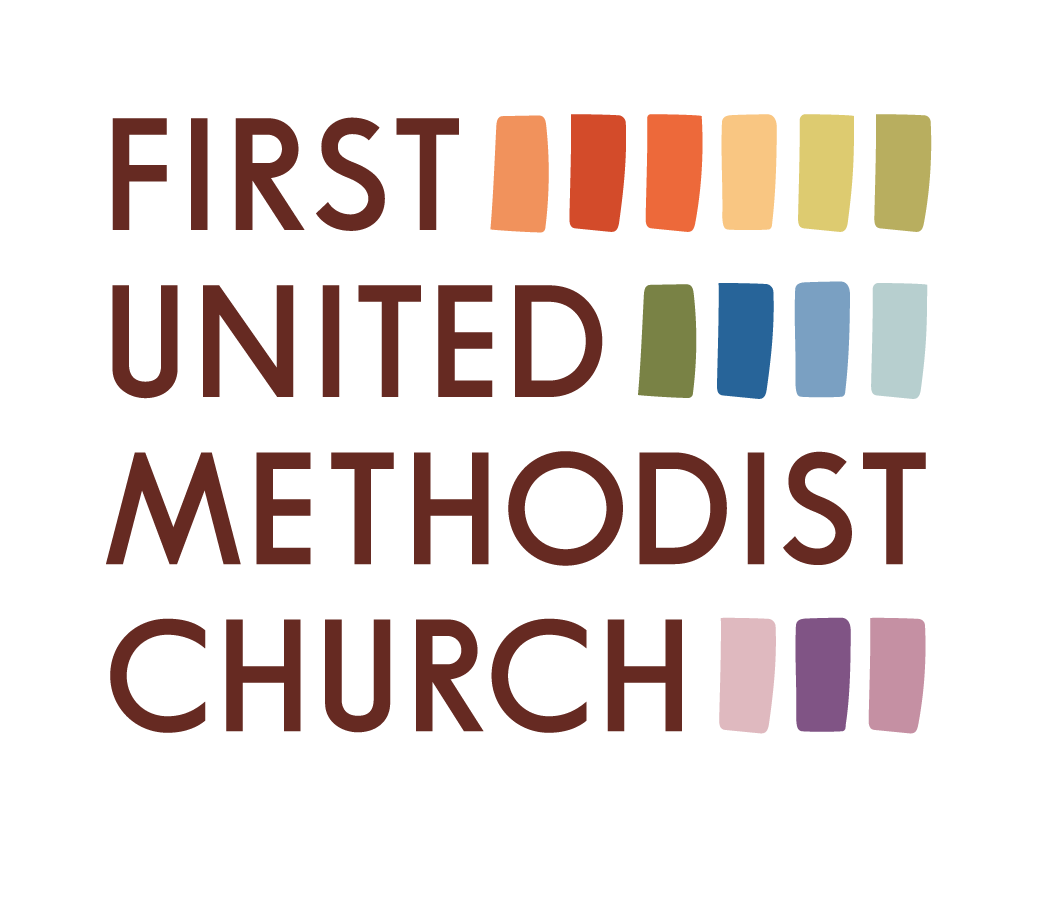The Story of These Days
The story of these days is a truly disturbing one.
This week we follow the story of a man arrested under a shroud of secrecy, for no clear crime.
“What accusation do you have against this man?” it is asked. The accusers don’t care to provide a steady answer.
It’s for the greater good, the authorities say to themselves. He is dangerous, he threatens our order of life, we must deal with him swiftly, they think.
Instead of releasing those whose crime is uncertain, they petition to release the insurrectionist.
As Diana Butler Bass summarizes, this week we follow the story of a government who “seizes an innocent man, tortures and jails him on trumped-up charges that change during a manipulated ‘legal’ process. The prisoner is left at the mercy of dehumanizing politicians and jailers to do what they please.”
It is Maundy Thursday. It is Thursday, April 17 in America.
Without using names or dates, we could be talking about the shocking last days of Jesus’ life, or the nightmare that Kilmar Abrego Garcia is experiencing today. It could go either way.
What was once the Via Dolorosa turned into death trains which have now become planes packed with people who have not received due process.
Humans have always found ways to crucify.
Holy Week is always a rather jarring journey; this one is no exception. It is in thick of Holy Week that ‘love is mocked, hope is nailed down, and death has its day.’*
Christians around the world spend these days meditating on the shocking, horrific death of an innocent man, shedding tears in devotion to the One who taught that to love God and our neighbors was the highest commandment of all, who did not follow society’s conventional rules of borders and separation (doing all manner of wild thing like crossing into Samaria or ministering with the Gentiles), who assured us that the blessed ones are not the proud, the haughty, the powerful, the full, but the meek, the sorrowful, the hungry, the forgotten.
Christians around the world weep for the way that death takes hold of that Love in these final days of Holy Week, waiting for Sunday to roll around when it can be celebrated that death does not have the final say.
Even so, many Christians, especially in our country, have been cheering on death all week long, “in vocal support or [simply silent] in the face of practices that unjustly discriminate, dehumanize, arrest, deny due process, and imprison our immigrant brothers and sisters.”** Those who are not are in a daze, or outraged, or confused, because the country that they love is treating God’s people as less-than-human, like pawns in a political game or trash to be left on the curb.
To be clear, no matter what your political affiliation or persuasion, as Christians we must never cheer on the ways of death or the sorrowful road that leads to it.
Tonight, our faith community will read again the story of the last meal Jesus shared with his community before he is handed over to the authorities, his name is slandered, and he is given over to death. At this late-in-the-week-but-not-yet-Sunday moment, our minds are fixed on the death-dealing betrayal, feeling the weight of injustice, keeping watch with the death sentence of an innocent man, wondering our responsibility in all of it.
Would we have denied the way of love? Would we have sold out, perhaps because of our own material comfort, perhaps because of what we stand to benefit from the status quo, perhaps because it seems too farfetched that the way of Jesus could ever ‘work’ in reality?
As we passed Holy Wednesday (affectionately known as Spy Wednesday), Leigh Peterson Rachal wrote,
“… somewhere in the shadows,
A deal is made with a whisper.
A look.
A quiet question.
A bit of silver.
And something sacred starts to crack…
Betrayal isn’t always dramatic.
Sometimes it’s quiet.
And sometimes… it’s us.
Choosing safety over truth
Comfort over courage.
Convenience over conviction.
We soften the truth to keep the peace.
Not because we’re evil.
Maybe we are tired?
Or afraid?
Or maybe we are just human.”
We are disturbed because we know our part in this. We know our part in this, but do not know how to stop the wheels that are in motion. We fear it is too late, that the road to the cross is all but walked, that we are just left to weep on the sidewalks with the fear that today, the light will not prevail. We wonder when love will ever prevail again.
“Holy Week does not rush to resolution,” Kate Bowler accepts. “It makes room for the questions, the grief, the long undoing of certainty. But we are not alone here.
God is not outside this grief. God sits with us in it.
And somehow, in the wreckage, in the waiting, in the wounds, love is still there.
Still holding us.
Still whispering: This is not the end.”
This is not the end. There are sites of crucifixion all around us: this is true. But the story of these days - of Holy Week, of our own life in the United States and as people in this world - this is not the end. Sunday is coming. Resurrection awaits. The road is terrible and we wait in Holy Saturday for what seems like an eternity, but there is hope yet.
Do not despair. Do not stop speaking out in the way of Love against the ways of death. There is love and light to be seen still. Sunday is coming. Let’s meet God there.
In hope,
Pastor Karyn
* Kate Bowler, The Hardest Part
** Benjamin Cremer

